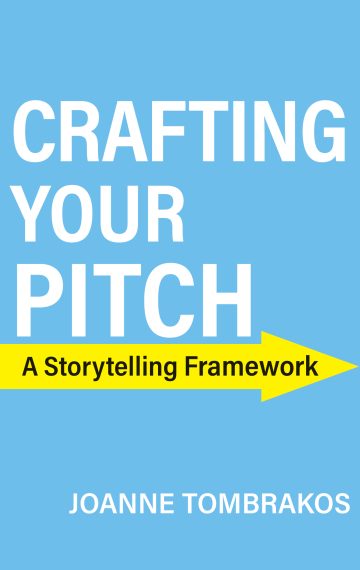Practicing gratitude came later to me in life. Not that I was raised to be ungrateful. I wasn’t. I was a fussy eater as a child – something I clearly outgrew. If I didn’t want to finish all the food on my plate at dinner – which was pretty much all the time, I was reminded that there were starving children in the world and I should be thankful that I wasn’t. In other words, eat up. It was that generation’s way of teaching gratitude.
Add that to being Greek where it was ingrained in you that if you expressed too much joy over what you had, it might get taken away. Greeks tend to be superstitious like that. Maybe that’s the reason there is so much dancing in Greek culture. Instead of verbally expressing our gratitude and happiness, we dance it out.
Gratitude is essential
Since then I have learned that expressing my gratitude is essential to my well-being. Dancing it out can be wonderful but I have become a firm believer that without verbally acknowledging gratitude for what you have and sometimes what you had, you cannot make room for more, you cannot move forward. Without acknowledgment for what you already have to be grateful for, you are left with a feeling of lack and scarcity and too often, self-pity and that gets in the way of creating change.
Take Father’s Day. I have now spent 35 years without my Dad to celebrate the day. Thirty-five years of having to listen to all the TV ads and now the ones that make their way into my Instagram feed reminding me that I do not have a father to buy a tie for – as if he would have needed one more. In the early years, I felt cheated and awash in the unfairness that my father died so young when it seemed like the rest of the world still had theirs.
Gratitude changes everything
Learning to take the day with a healthy dose of gratitude changed everything. Acknowledging my gratitude that I had a GREAT Dad, one who showed me unconditional love, in whose eyes I could do no wrong, who made me laugh until my sides hurt, who taught me how laughter and a little creativity can get you through almost anything and who gave the world’s best hugs does more than get me through the day. It shifts my mood and it allows me to move forward.
There is now neuroscience to back this. Whether you’re expressing gratitude or the recipient of someone who has expressed gratitude towards you, positive neurons are fired up that can result in a hit of dopamine or serotonin that enhances our mood and make us feel good.
Writing down three things every day in a gratitude journal is a great way to get into the practice of it but I have found that unless I really allow myself to feel that gratitude in every cell of my being it doesn’t work as well. In the case of my father it’s not enough to remember his hearty laugh, it’s me closing my eyes, picturing his big smile until I can hear his voice whispering in my ear.
Gratitude enables change
I’ve been thinking a lot about gratitude this week. We’re living in an era when the world seems upside down at the same time there is tremendous potential for positive change. We’re also living in a period when there is little time made if any for acknowledgment of gratitude for the progress we have made. In fact, at times, almost a dismissal of what progress we have made, a determination that whatever just happened still isn’t good enough.
And it may not be good enough – yet – but taking the time to pause and be grateful does not imply being content with what you have and standing still. It just makes it easier to move forward with a positive mindset and create whatever change you want to create.
Of course if you’re like Zorba, dancing your gratitude works too!



Gratitude changes everything – it’s so true. I too grew up an ungrateful child and didn’t know how to appreciate the simple things that fill my life. But after that came a rethinking and with gratitude came meaning in my life. This is close to me, thank you for this article!